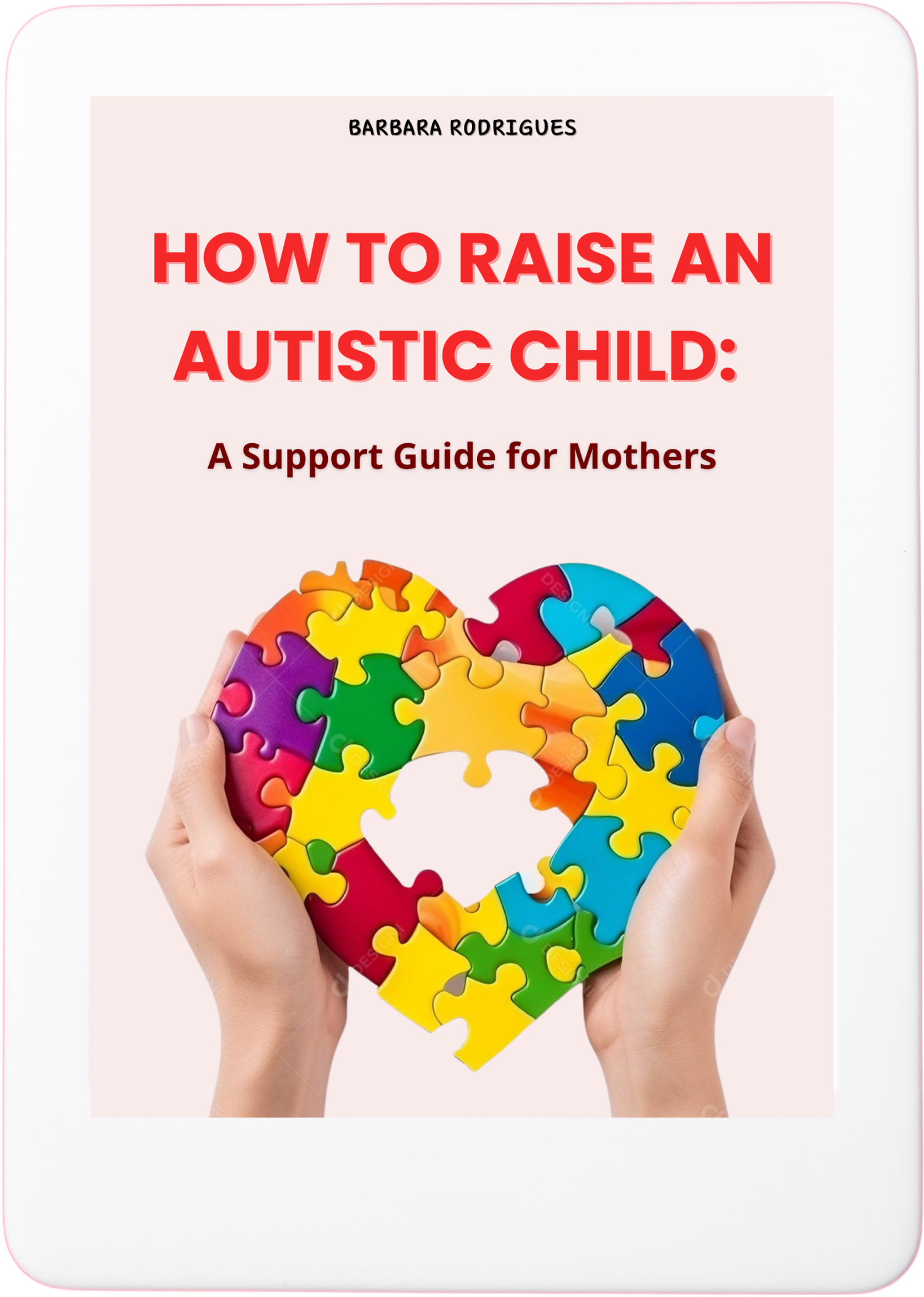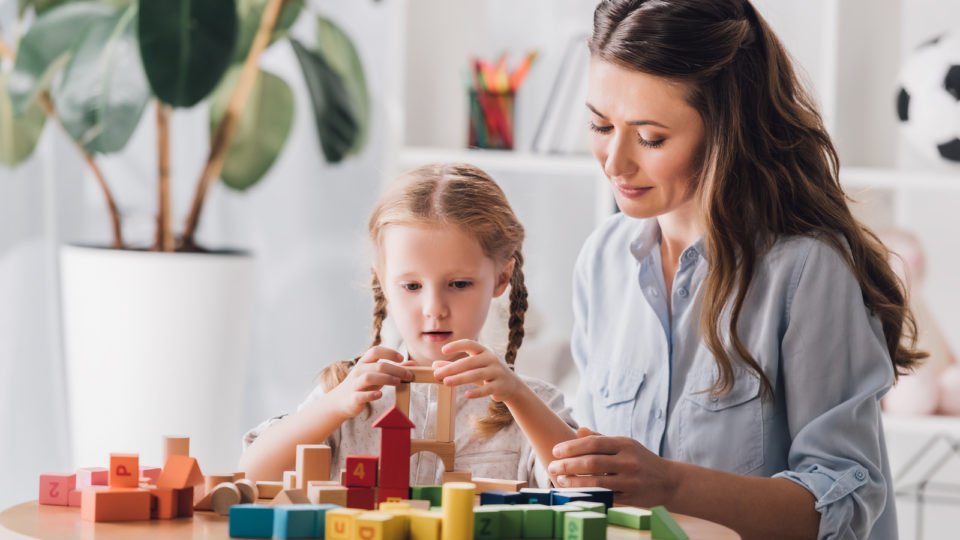

Being the mother of an autistic child is a unique and challenging journey. This e-book was created to offer support, practical resources, and valuable perspectives, helping you navigate this experience with confidence.


"Autistic children need prepared mothers"
"Identify autism as early as possible! This will help in your child's development"

"I recently purchased the e-book 'How to Raise an Autistic Child,' and I can honestly say it has been one of the best decisions I've made for both myself and my child".

North Carolina, USA
"This e-book is more than just a resource; it's a lifeline for parents navigating the complexities of raising a child on the autism spectrum".

Arizona, USA
"The e-book not only demystified many aspects of autism but also reinforced the importance of patience and understanding in my parenting journey".

Texas, USA

"The feeling of receiving the autism diagnosis sent a chill down my spine. There had already been a suspicion that something was wrong with his development, but at the same time, I had that naïve feeling that 'these things only happen to other people.' Understanding that I was vulnerable and therefore subject to this kind of thing was very painful. After the diagnosis, I went through a very difficult period of denial. I thought the doctors were mistaken, that at some point the diagnosis would be challenged, and that all of this would be in the past. Reaching acceptance, understanding who my child was, and respecting him as he truly is – surviving all of this – was liberating. It became clear to me that it is unfair to idealize a 'perfect' child or one who meets our expectations. All of that was indeed happening to me, and it was necessary to face it firmly and prepare myself for this journey."says Alice.
"I became a mother at 38. My obstetrician and gynecologist warned me about the risks of a late pregnancy. They mentioned the high probability of having a child with Down syndrome, but my desire to be a mother spoke louder! Mariana was born healthy. She started walking at 11 months but turned one year old without saying anything. Her pediatrician explained that it was still early because some children may take a little longer to speak. However, deep down, I already knew she was different. Even so, my husband and I really wanted to have another baby, and then close the factory doors." I became pregnant for the second time. As Manuela's pregnancy progressed, we were taking care of Mariana and preparing her for the arrival of her little sister. During this time, we noticed that Mariana did not make eye contact with us. Manuela was born exactly two years after her sister. She arrived just as healthy, and they looked too much alike. After the pediatrician saw me giving birth to my second daughter, struggling to care for both of them as best as I could, and based on our reports about the stereotypical movements, she referred us to a professional – a speech therapist specialized in ASD (Mônica Accioly) – and we had Mariana evaluated. The diagnosis of ASD was given when Mariana turned 3 years old. It was very sad when we noticed the stereotypical movements in our second daughter, Manuela, at just nine months old. That’s when I experienced a devastating grief. I believe I relied heavily on the idea that a very intelligent and typically developing little sister would help Mariana. I thought: 'And now, my God, two girls with autism? What will happen to both of them when we are no longer here? Will they achieve independent lives? Did we do something wrong to have two daughters with the same condition? Why? After a while, I understood that I should accept everything and prepare myself as much as possible to take care of my daughters"says Mariana

